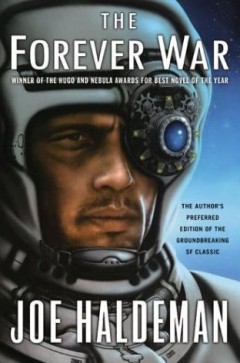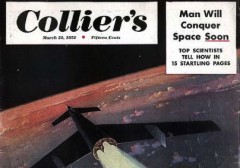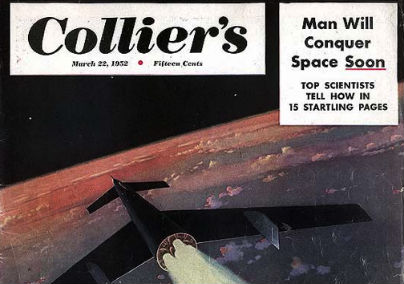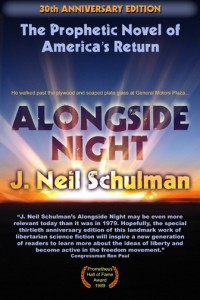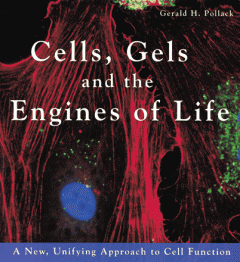
That’s what i09 asked their readers yesterday. More specifically, they wanted to know what is “the best science fiction to read or watch if you’re actually serving in the military. … What kind of SF gets you through the day (and night)?”
You can guess what sort of suggestions io9’s typical readers will come up with. Or you could brave the comments to find out.
But I’m sure we libertarians would have some quite different suggestions.
We wouldn’t be asking what kind of science fiction gets soldiers engaged in unnecessary, counterproductive, imperialist wars through the day (and night). We wouldn’t be asking what sort of fiction soothes their consciences (if they feel any guilt at all) or reinforces their misguided patriotism. Or what merely helps them pass the time while keeping their minds off of the rigors of war or how much they miss their loved ones.
No, we would ask what kind of science fiction would prick their consciences and awaken them to what their “service” really means:
[continue reading…]
